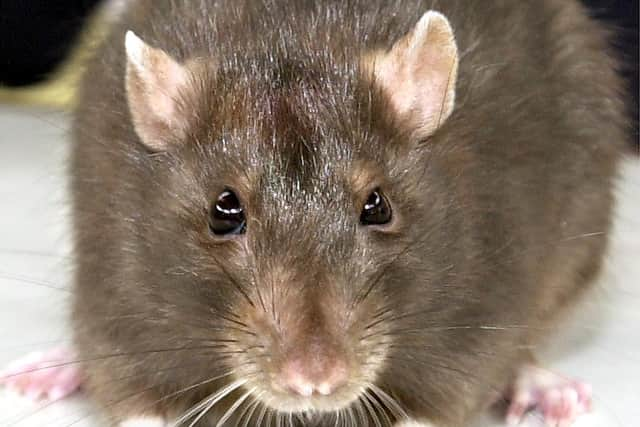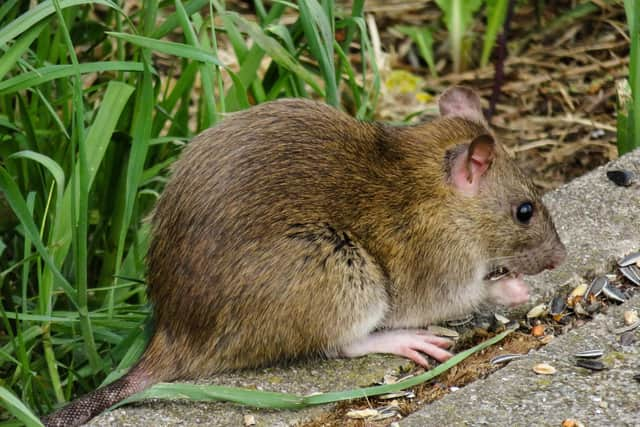Council bosses deny city has a rat problem


Reports of the rodents in the city are no worse than previous years – and lower this year than in 2019 – according to figures released by Sunderland City Council to help squash what it calls a series of recent urban myths about the number of rat reports.
The figures show there have been 2,180 rat reports and service requests collected by the council since January 2019 – 1,050 in the first seven months of the year and the same number for the seven months of 2020.In July there were 78 reports recorded, compared to July last year when there were 99 and the number of reports to the council in July 2020 was the lowest in the last 18 months.
Advertisement
Hide AdAdvertisement
Hide AdReports, the council says, have consistently declined for the last five years.


Deputy leader of Sunderland City Council, Cllr Paul Stewart said: "While any infestation is one too many I want to be very clear to residents that our city does not have a major rat problem.
"I want to reassure residents that some loud shouting about rats does not mean there is a major problem."
He added: “We work extremely hard treating council land, especially our parks, to control a natural population of rats that finds food from litter bins and dropped food waste, and bird feeding leftovers and we encourage all land and property owners to do the same."A pair of rats could, within a year, lead to thousands more and this does not happen here. Baiting is a professional and legally regulated role, and if the council was not doing this, we would have more rats.”He pointed out that sightings can be influenced by the weather, such as heavy rain, and “one rat can be seen and reported by several people.”The ward with the highest total number of sightings since January 2019 was Barnes with a total of 155, an average of eight a month.
Advertisement
Hide AdAdvertisement
Hide AdThe area's highest number of monthly sightings was in March 2019 when 16 were recorded by the council. There were also four recorded sightings in July 2020 in the area, compared to seven in July 2019.Cllr Stewart said council officers had looked again at why Barnes had received more reports and several factors could have influenced this.He said: "We do have regular rat baiting programmes but food litter and leftover bird food can prevent rats from taking the bait."In Barnes we are aware of the concerns that have been raised. Council officers have identified one individual in particular who may be considerably adding to the number of rat sightings because they are leaving large amounts of bird feed in Barnes Park. This provides the rats with an alternative source of food and makes our baiting much less effective.He added: "It’s important for all residents, businesses and visitors to dispose of their litter appropriately and not to leave food waste."Due to a rise in the number of rat sightings, officers have stepped up baiting in Barnes and we will issue fixed penalty notices to anyone found littering."